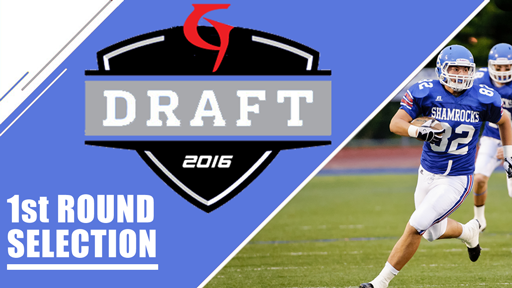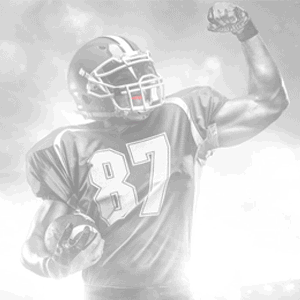Team Building: How To Select The Right Players For Your Team

Whether you’re a professional general manager drafting the next generation of pros or a youth coach selecting players from an open tryout, you always want to take the right players. Obviously.
But that’s typically easier said then done. Each group of athletes contains elite players, the ones with talent who happen to fizzle out and the benchwarmers who bloom into role players. But how do you find these athletes and do it on a consistent basis?
There’s definitely no magic formula, even the best talent evaluators get it wrong year after year. Of course, talent is the easiest thing to identify, as talented players usually stand out. It’s the other factors that are harder to see with the naked eye — the intangibles: upside, maturity, awareness, attitude, work ethic, etc.
Those traits are harder to spot than raw talent, but they are vital to selecting the right athletes. Let’s take a look at some of those intangibles and see if there are ways to more easily identify them:
1. Accountability
It’s easy for athletes to take personal responsibility when things are going well; but what about when things are going poorly?
Do your athletes point the finger and make excuses or do they take it upon themselves to work harder and execute better? No matter what a player’s skill level, if they are accountable for their poor play and the team’s failures, they are going to work hard and continue to improve. And that effort usually means they are the leaders in the locker room.
While this is not an easy trait to assess when scouting, look to see how athletes treat their teammates after a goal against or a bad play. Do they chastise others for mistakes and have poor body language, or do they support their teammates and bounce right back?
2. Attitude
Similar to accountability, a good attitude during both good times and bad is a sign of an athlete with a good head on their shoulders.
Do your athletes hang their heads when something goes wrong or do they stay upbeat and look to make a better play the next time out?
A winning attitude may just turn into wins on the field, court or ice.
3. Work Ethic
Although this seems like a no brainer, work ethic is often undervalued. Even the most talented athletes need to keep working hard to stay on top.
Without a good work ethic, good athletes won’t stay good very long — just think about how good Allen Iverson would have been if he valued practice (PRACTICE?!). Do your athletes put in extra film study or gym time? Are they always the first to leave practice or the last?
It’s not just about the “fun” practice either. It’s easy to stay late and practice breakaways or play H.O.R.S.E., but superior athletes put in time for extra sprints or extra work on skills that aren’t so fun to practice.
4. Pride And Humility
Being proud may mean many things, but having a sense of pride in your accomplishments means you are actually committed and invested in success. And being humble on top of that means you recognize how much work went into achieving those successes.
There are star athletes that just seem to go through the motions. They know they’re able to rest on their talent and don’t push themselves harder than they need to. Some don’t seem to care so much about wins and losses or championships, expecting to be handed all of the accolades just for showing up. Those players don’t last; they peak too early and leave a lot on the table.
When a player is proud of what they and their team accomplish — when a player gets upset about a bad loss or celebrates the role player blossoming into an unexpected star or breaks down after finally winning a championship — you know they posses a good work ethic and strive for greatness.
And when a player is humble and grateful to be in the position they’re in and posses the talents they have, that’s when you know you have a great one on your hands.
When it comes to selecting players for your team, there’s more than just talent. Make sure you scout the important intangibles as well.




 Whether you’re a professional general manager drafting the next generation of pros or a youth coach selecting players from an open tryout, you always want to take the right players. Obviously.
Whether you’re a professional general manager drafting the next generation of pros or a youth coach selecting players from an open tryout, you always want to take the right players. Obviously.
